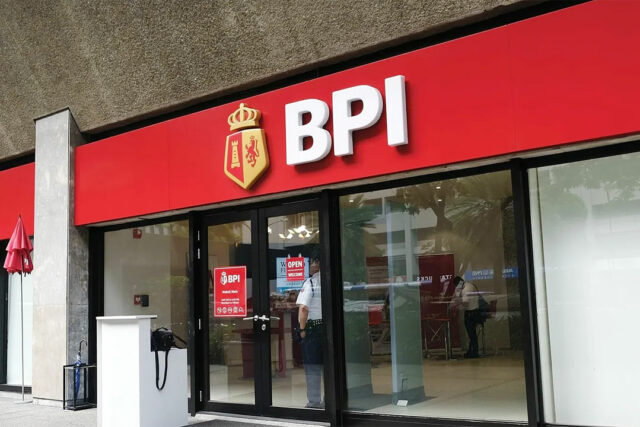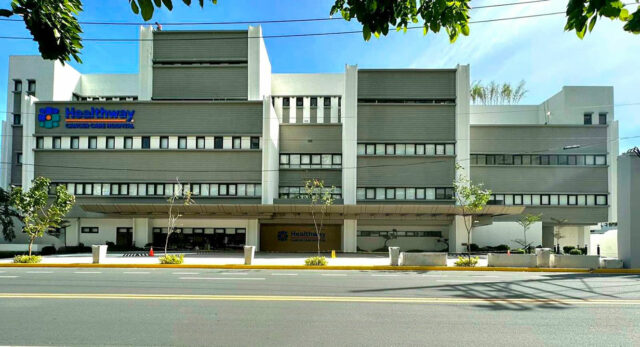By Adrian H. Halili, Reporter
METRO PACIFIC Agro Ventures (MPAV), the agriculture unit of Metro Pacific Investments Corp. (MPIC), is investing in a Bukidnon dairy farm to bolster its dairy operations — a move that analysts expect will stimulate further investment in local dairy production.
“Establishing this strategic beachhead in Mindanao complements our dairy farms in Luzon, bringing us closer to our mission of achieving nationwide food security,” MPAV Chairman Manuel V. Pangilinan said in a statement on Thursday.
MPAV said that its acquisition of Universal Harvester Dairy Farms, Inc. (UHDFI) for more than P700 million is intended to support the Philippines’ dairy demand. The company will acquire 100% ownership of UHDFI.
In 2022, MPAV acquired a stake in The Laguna Creamery, Inc., which owns the brands Carmen’s Best ice cream and Holly’s Milk.
Mr. Pangilinan added that MPAV’s Laguna operations have improved the accessibility of fresh dairy and provided a stable market for dairy farmers.
“With our new investment in Bukidnon Milk Company, we anticipate replicating this success in Mindanao and other regions of the country,” he said.
MPAV President and Chief Executive Officer Juan Victor I. Hernandez said that the investment would enable the company to expand its distribution network.
“This is a significant step for us to achieve our aspiration of becoming a dairy master brand, where we will be providing the Filipino consumer with the full range of dairy products from ice cream, milk, yogurt, cheese, butter, and other milk derivative products,” Mr. Hernandez added.
UHDFI operates under the brand Bukidnon Milk Co., producing dairy products for the Visayas and Mindanao markets. The company also supplies milk for the National Dairy Authority’s (NDA) milk feeding program.
“We believe that MPAV is the right partner to take our vision to the next level. This partnership will not only expand our reach but also enhance the quality and range of dairy products available to Filipino consumers,” UHDFI Founder Milagros Ong-How said.
MPAV said that the completion of the acquisition is still subject to regulatory approval and other closing conditions.
Danilo V. Fausto, president of the industry group Philippine Chamber of Agriculture and Food, Inc., said that the company’s move to expand its dairy business could encourage other companies to invest in the dairy sector.
“But the effect of this will not be immediate. Dairy is a long-term business, so you need to increase your herd, improve your forage and nutrition, and so on before you can start producing milk,” Mr. Fausto said in a phone call.
“We would like to invite more investors to the industry. We’ve been importing 99% of our milk, and we welcome such initiative and investment from multinational companies,” he added.
The Philippines can meet less than 1% of its milk demand through domestic production, with the remainder needing to be imported.
Dairy imports are forecast to increase by 7.3% in 2024 to 2.49 million metric tons of milk equivalent, according to a report by the Food and Agriculture Organization of the United Nations.
AP Securities, Inc. Research Head Alfred Benjamin R. Garcia said that the acquisition would secure the supply for Metro Pacific’s dairy product business, Carmen’s Best.
“We hope more companies will follow MPIC’s lead and invest in the agriculture sector. There are very few companies that invest in this sector in a meaningful way, which is unfortunate because food security is one of the biggest concerns facing the Philippines,” Mr. Garcia said in a Viber message.
Chinabank Capital Corp. Managing Director Juan Paolo E. Colet said that investing in more dairy businesses could help boost local production and, over time, reduce the country’s dependence on imported dairy.
“The main challenge is to produce high quality, affordable local dairy products efficiently and at scale so that they can meet local demand,” Mr. Colet said in a Viber message.
He added that other companies might be hesitant to enter the dairy industry due to the substantial investment required in technology, infrastructure, and logistics.
The NDA aims to increase dairy production to 80 million liters per year by 2028.
MPIC is one of three key Philippine units of First Pacific, the others being Philex Mining Corp. and PLDT Inc.
Hastings Holdings, Inc., a unit of PLDT Beneficial Trust Fund subsidiary MediaQuest Holdings, Inc., has a majority share in BusinessWorld through the Philippine Star Group, which it controls.








![PRESS-RELEASE-[FINAL];-Sun-Life-Bags-No-OL](https://www.bworldonline.com/wp-content/uploads/2024/07/PRESS-RELEASE-FINAL-Sun-Life-Bags-No-OL-640x640.jpg)






